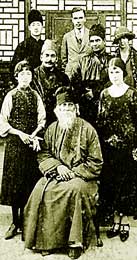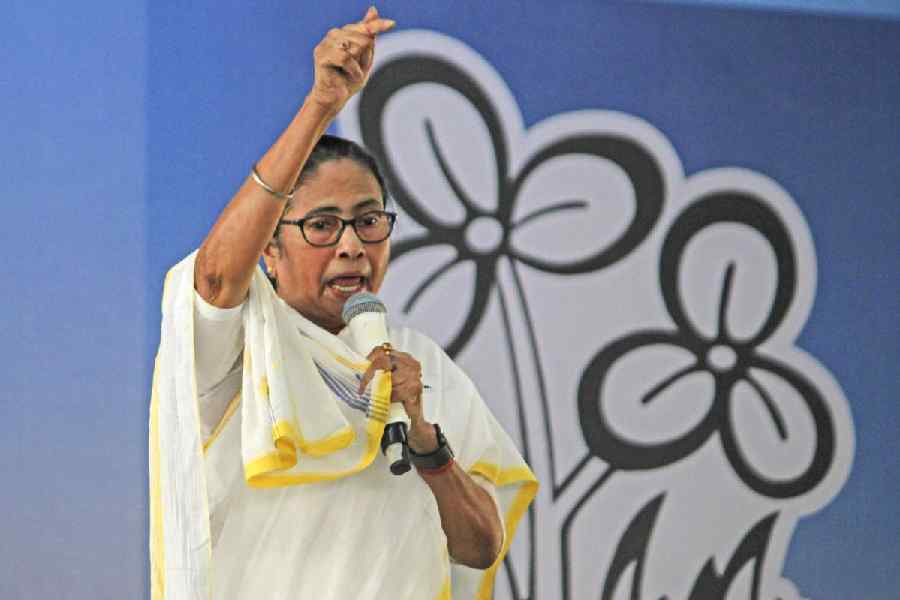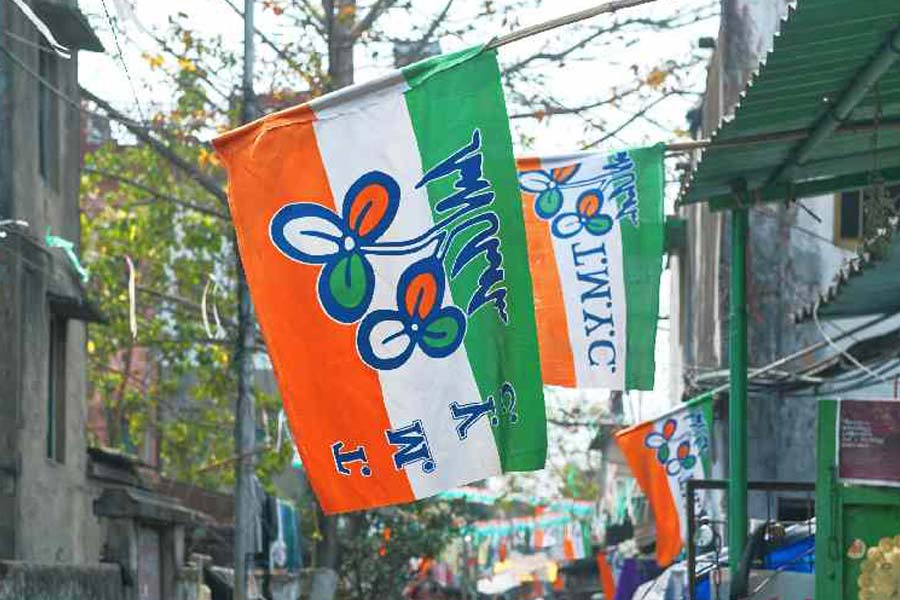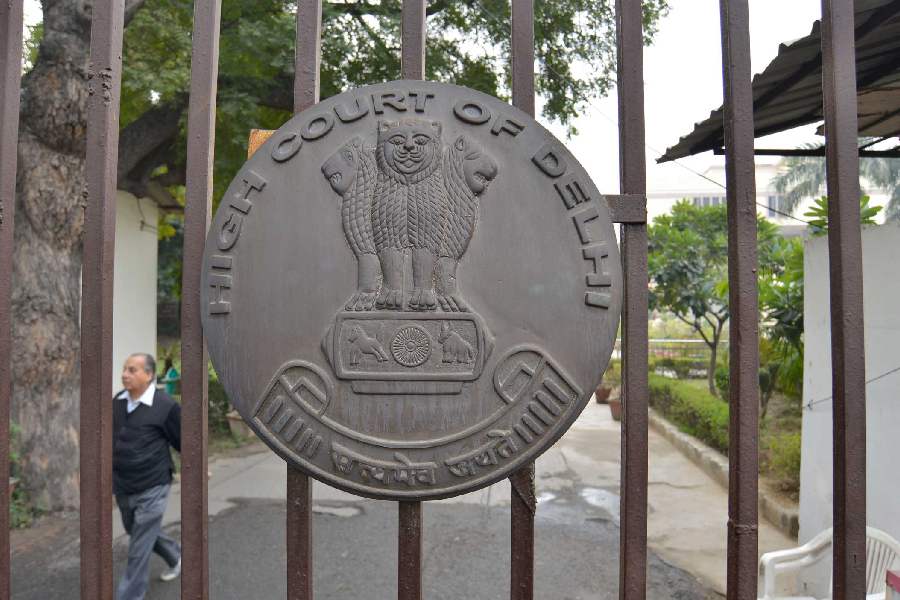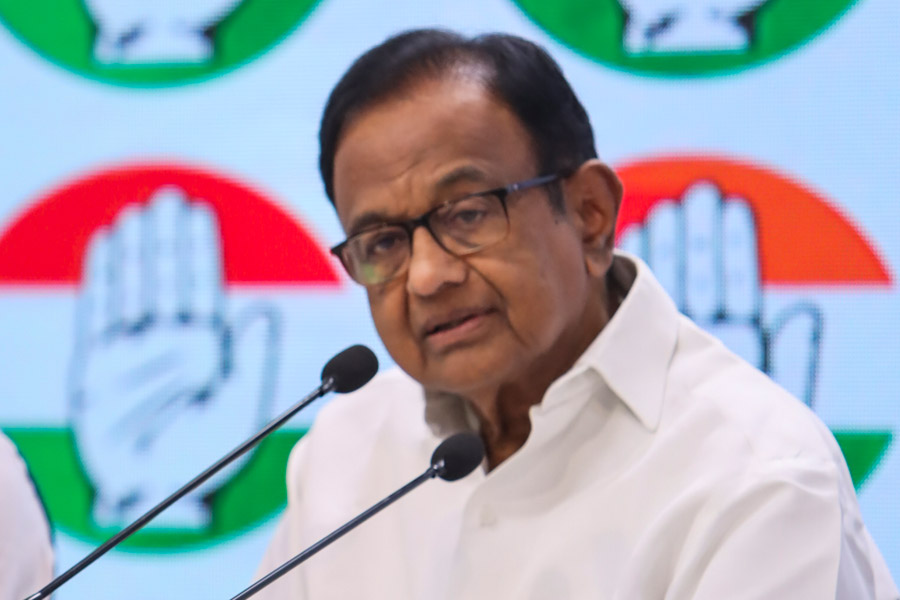|
|
| Know thy enemy |
Perhaps the most controversial element of the joint statement issued at the conclusion of the one- to-one meeting between the prime minister of India and the president of Pakistan in Havana reads as follows: “They decided to put in place an India-Pakistan anti-terrorism institutional mechanism to identify and implement counter-terrorism initiatives and investigations.” Some indication of the way the wind was blowing came when, on his flight to Havana, the prime minister surprisingly mentioned that Pakistan was also a victim of terrorism.
India appears overnight to have gone soft on its long-standing accusation that acts of terrorism were being sponsored from Pakistan’s territory. The prime minister’s statements to this effect, both after the Mumbai blasts and from the ramparts of the Red Fort on Independence Day, bear testimony to this principled stand. So does India’s providing Pakistan with the list of terrorist training camps in that country and addresses of the likes of Dawood Ibrahim. On his way back from Havana, while talking to the media, Manmohan Singh is reported to have said, “General Musharraf has assured me that Pakistan has no hand in perpetuating this. He did not go into the past. He said that whatever has happened in the past, let’s work together in the future and I believe this is the best that we could get in the circumstances.”
It is not difficult to understand why General Musharraf wants to forget the past. The Pakistan army, of which he is a creature and which he heads, has, since the birth of Pakistan, stoked trouble in India while consistently denying it. In 1947, when Pakistani tribals invaded Kashmir with the backing of the army, the Pakistan foreign minister denied it in the United Nations. In 1965, General Ayub Khan denied that Pakistani troops had infiltrated into Kashmir. In the Eighties, General Zia-ul-Haq promoted training camps in Pakistan in support of the Punjab insurgency despite talking peace with India. Pakistan flatly denies involvement in the 1993 serial Mumbai blasts even as the masterminds roam freely under the care of the Inter-Services Intelligence. In fact, Pakistani authors have confirmed ISI involvement. None of this speaks highly of the integrity of the Pakistan army, which today runs Pakistan and with whom India must, perforce, continue the dialogue.
Coming to more recent times and to Pervez Musharraf himself. Musharraf, as chief of the Pakistan army, was instrumental in the 1999 Kargil misadventure while the two governments were in the midst of path-breaking peace initiatives. Pakistan’s lie — that the infiltrators were jihadis — was exposed by the Research and Analysis Wing’s interceptions of telephonic conversations between Lieutenant General Mohammad Aziz Khan, chief of general staff, and Musharraf, who was then on a visit to Beijing. The conversations reveal the depth of deceit that the general and his cohorts in the army were indulging in, not merely in relation to India alone but also to their own government. That the Pakistan army refused to acknowledge and accept the bodies of their dead soldiers in Kargil and mutilated the bodies of Indian soldiers only reveal the brutal face of this institution.
It is well-known that the taliban is a creation of Pakistan’s ISI. It is also no secret that post-9/11, prior to the American bombing offensive against al Qaida and the taliban forces in Afghanistan, a massive airlifting of forces was secretly allowed out of Afghanistan to evacuate Pakistani serving and retired military persons, who were training and supporting the taliban. All this under the benign watch of the United States of America, because Pakistan was, after all, with the US in the global war on terror. Unknown to the US, however, many key taliban leaders were also taken along by the Pakistan army. Today, as the US and Nato forces in Afghanistan face stiff resistance from taliban forces on the Afghanistan-Pakistan border, even the American media is accusing Pakistan of two-timing the US and the countries of the North Atlantic Treaty Organization. President George W. Bush’s showering of praise on Musharraf has more to do with his flagging ratings at home than any actual trust in him. Clearly, President Hamid Karzai and the US and Nato forces fighting on the ground are keeping Bush informed of ground realities.
Throughout Pakistan’s existence as a nation, its army has either ruled the country or, during brief periods of civilian rule, played a predominant role in governance. In addition, it has huge corporate interests and has fathered the ISI, which now has a larger-than-life image. It controls the nuclear programme and will not trust any civilian government with it. For its own survival and sustenance, the Pakistan army has a vested interest in keeping the anti- India bogey alive. This institution can neither forget the defeats of 1965, 1971 and Kargil, nor the humiliation of the Dacca surrender and the repatriation of around 90,000 of its prisoners of war after the 1971 conflict. India should be under no illusion. If all outstanding bilateral issues were resolved, the Pakistan army will invent and create more.
It is important for us in India not to overlook this background as much of what is happening today, and indeed will happen in the future, is borne out by this history. Musharraf is the suave, media-savvy face of this ruthless force, which refuses to let democracy take roots in its country. For the army, if Musharraf deviates from its long-term objective of dismembering India, another general will be found. One can sympathize with Musharraf’s sentiment about wanting to forget the past, but does that mean that this is a man one can trust and do business with? Is the Pakistan army, which wields ultimate power, an institution that one can trust? Forget India, even elected governments in Pakistan have learnt the answer to these questions the hard way.
It is not this writer’s case that the peace process must not be carried forward or that the talks should not be resumed. In fact, ad hocism, like mobilizing forces on the borders and then pulling them back and stopping talks and then restarting them indicate that there is a lack of institutional clarity and strategizing on India’s part while dealing with Pakistan. What baffles is the complete U-turn in making Pakistan a co-victim of terror when clearly it is the perpetrator. In the bargain, Musharraf has been let off the hook before he delivers on his January 2004 commitment of not allowing Pakistani territory to be used for terrorist attacks on India.
The Pakistan army has a clear strategic aim of hurting India and keeping the bogey of Indian threat alive as its own salvation lies in this strategy. Having failed in earlier wars, it has now adopted asymmetric and unconventional means to conduct a proxy war. Today the ISI controls various terrorist outfits that target India. That there may be others targeting Pakistani leadership is a problem of Pakistan’s own making and India does not need to shed crocodile tears over it. We continue to lose security personnel in this proxy war, which has now been extended beyond Kashmir to innocent civilians anywhere in the country.
Viewed from the perspective of the Pakistan army, the knee-jerk reactions of the Indian government indicate that its tactics is keeping India unsure and confused. It smells success. Experience should tell us that the only language that the Pakistan army respects is one of military strength and our willingness to use it. This must remain our negotiating bottom line. In the oldest treatise on the art of war, Sun Tzu has this to say. “If you know the enemy and know yourself, you need not fear the result of a hundred battles. If you know yourself but not the enemy, for every victory gained you will also suffer a defeat. If you know neither the enemy nor yourself, you will succumb in every battle.”
At Palacio de Convenciones de la Habana, where the Indian prime minister read out a joint statement with a smug Musharraf sitting by his side, India left little doubt as to where it stands.

